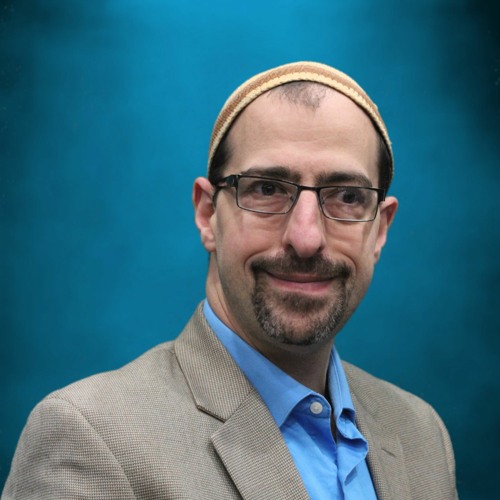A Brief History of Addiction- Part 1 of The Next Step
- Celeste Sudri
- Apr 24, 2023
- 3 min read
“I was at meetings, and almost every meeting, I would hear people say, ‘my higher power, whom I choose to call Jesus,’ on and on, and every single meeting ending with the Lord's Prayer, or, you know, something similar, and I almost left.”
Deirdre Hebert, author of The Pagan in Recovery, has seen both the pros and cons of the 12-step program, created by Alcoholics Anonymous. For some, it’s a source of support and community. For others, it can be a source of shame. Is it an inherently Christian endeavor, immutable in result? Or can changing or removing those influences alter the outcome?
The term “addiction” and our conception of it are relatively recent inventions. In the 16th century, Oxford defined addiction as: “attached by one's own inclination, self-addicted to a practice; devoted, given, inclined to.” The word was seen positively, with the first connection to sin being St Thomas More’s 1534 “Treatise On the Passion,” in which the sinner is “by [sin] addicted and adjudged to the [devil].” With the advent of the Temperance movement, addiction became a social ill and a moral failing. This cocktail of historical, societal, and religious associations likely contributed to the formation of the moral model.
The predecessor to the 12-step program, the Washingtonian Temperance Society, was founded on April 2, 1840, but unlike its contemporaries, it focused on the individual more than on societal reform. Unlike A.A., the Washingtonians were, according to scholar William White, “so distinctly non-religious and non-spiritual in orientation that they were charged by their religious critics with the heresy of humanism (placing their own power above the power of God).” This would contribute to the group’s fragmentation, as many other social topics such as abolitionism diverted focus.
Religion was most prevalently introduced to addiction recovery by Bill Wilson and Dr. Bob Smith, who founded Alcoholics Anonymous in 1935 as a small recovery group. They were informed by their involvement with the Christian Oxford Group, and viewed addiction as a “malady of mind, emotions, and body.” Their 1939 book, Alcoholics Anonymous, and promotion from John D. Rockefeller, would skyrocket the organization to the position it holds today.
Many secular or medical programs are based on the disease model, which sees addiction as a disease or disorder rather than a personal failing. Some view the disease model as a step forward from the moral model, removing much of the blame placed upon the individual. But it, too, has its critics.
Eileen McBride is a clinical psychologist, mental health researcher, and professor at Emerson College. She says the disease model sometimes struggles with agency. “It's become another form of just determinism, you know, like you have a family history, or you have a gene… But it can make a person feel that they don't have control, or choice. I think that's really dangerous, too.”
For some, the 12-step program can also feel like giving up agency- multiple of the steps include humbling oneself and, for the sixth step, “[having] God remove all these defects of character.” Holly Whitaker wrote for the New York Times that “This program, which was designed to break down white male privilege, made sense for the original members: It reminded them that they were not God…” For those outside that mold, the steps as written can feel limiting and shameful.
Nancy Allen is a Senior Executive-In Residence at Emerson College, with her 20 years of experience focused on the opioid epidemic and substance abuse. “I think the historic framing of A.A, that you have done harm to others, that you need to make amends, that you are not in control and need to give things up to God… if I was to replace that with somebody who's in trauma, it feels victim blaming, it doesn't feel empowering. It’s the idea of telling someone who's already in trauma, you have no control.”
However, Allen says that the biggest strength of these programs is their sense of community. “Oftentimes, these are folks that are disconnected: they feel left out, they feel marginalized. So, I do think that with A.A., you're not just entering a small, immediate community; you're entering a global community, and that no matter where you are in the world, you can find a meeting- you can find other people that are like you, that understand you. I think that is a massive positive, and I don't want to diminish that.”
So, what is the future of the 12-step program? Does it need to turn more towards the medical model, abandoning its moralistic elements (and hence its faith)? Or can it be reformed? To explore this, I’m speaking with those who have gone through 12-step programs through the lenses of other faiths and will share those stories as they come.





Comments